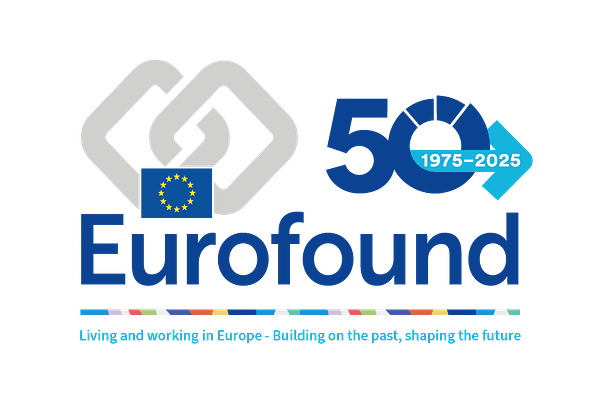
Press release -
Stronger focus on social inclusion key to future of Europe’s young people
(Dublin, Ireland): There is a need for a stronger focus on social inclusion initiatives which go beyond the labour market in order to help all young people to become active members of society, according to Eurofound’s new report Social inclusion of young people launched in the European Parliament today. The report explores the labour market and social perspectives of young people, gives an in-depth analysis of early Youth Guarantee implementation and reviews policies for social inclusion and participation in several Member States, and provides recommendations as to how to improve the levels of social inclusion of young people across the European Union.
Young people are arguably the demographic that hasbeen hit hardest by the recent economic crisis, and their labour market perspectives and social situation have deteriorated sharply in the majority of EU Member States. While there are some cautiously positive developments, almost two-thirds of EU Member States continue to experience the highest youth unemployment rates in their history. In countries such as Greece, Spain, Croatia and Italy more than 40% of young people remain unemployed.
The impact of the economic crisis on young people has not only been limited to their opportunities on the labour market. Today, young people are amongst the groups experiencing the highest risk of poverty and social exclusion in the EU. In order to prevent young people from falling through safety nets, the European Union and its Member States have put in place a series of measures including the Youth Guarantee as well as policies tackling social exclusion of youth beyond labour market integration.
This report provides a unique analysis of the situation facing young people and the cumulative disadvantages arising from disengagement from the labour market and education. It also explores recent EU strategies aimed at promoting the social inclusion of young people, focusing in particular on the operation of the Youth Guarantee initiative to combat youth unemployment across EU Member States.
The Youth Guarantee is a policy framework which derives its added value from early and immediate intervention combined with long-term reforms as well as a personalised and integrated approach for young people. Despite the fact that Member States have made great efforts in rolling out the Youth Guarantee, a range of barriers and challenges to successful implementation persist. Barriers identified include a lack of stakeholder cooperation, low level of funding of the overall scheme as well as a lack of absorption capacity in Member States’ education systems and labour markets.
The report finds that while young people can deal relatively well with short spells of unemployment, lasting unemployment or disengagement has a strong negative impact on their future labour market outcomes and their well-being. This can have a large impact on society as a whole, particularly considering changing demographics throughout Europe and an ageing population. The need for major reforms to improve the capacity and capability of public employment services (PES) and to increase the provision of apprenticeships, vocational education and training (VET) and education opportunities has arisen in many countries, as well as the need for more effective partnerships among stakeholders.
Broader social inclusion policies identified in the study include community-based measures, with a focus on participation and community development, personalised training and life skills programmes, awareness-raising and advocacy measures with the aim of tackling structural barriers to youth inclusion. Training and capacity building for professionals working with socially excluded young people was identified as one of the key issues to be tackled. The findings point to the conclusion that broader social policy measures require more support in terms of public investment. Yet, scaling up these initiatives has been challenging due to a general lack of financial stability, as well as a lack of support from public authorities. In addition, more must be done to tailor schemes towards young people who are not job-ready and require extra support before they can be reintegrated into the labour market.
Read the full report at http://bit.ly/inclusionofyouth
For further information, contact:
Måns Mårtensson, Media Manager, on email: mma@eurofound.europa.eu, telephone: +353-1-204 3124, or mobile: +353-876-593 507.
Massimiliano Mascherini, Research Manager, on email: mam@eurofound.europa.eu and telephone: +353-1-204 3108
Anna Ludwinek, Research Manager, on email: alu@eurofound.europa.eu
Stefanie Ledermaier, Research Officer, on email: sle@eurofound.europa.eu
Related links
Topics
The European Foundation for the Improvement of Living and Working conditions (Eurofound) is a tripartite European Union Agency, whose role is to provide knowledge in the area of social and work-related policies. Eurofound was established in 1975 by Council Regulation (EEC) No. 1365/75.
For more information about Eurofound and its work, and free access to all our data and findings, visit our website and follow us on these social media channels: Twitter, LinkedIn, Facebook, Google+, YouTube, or Flickr.


